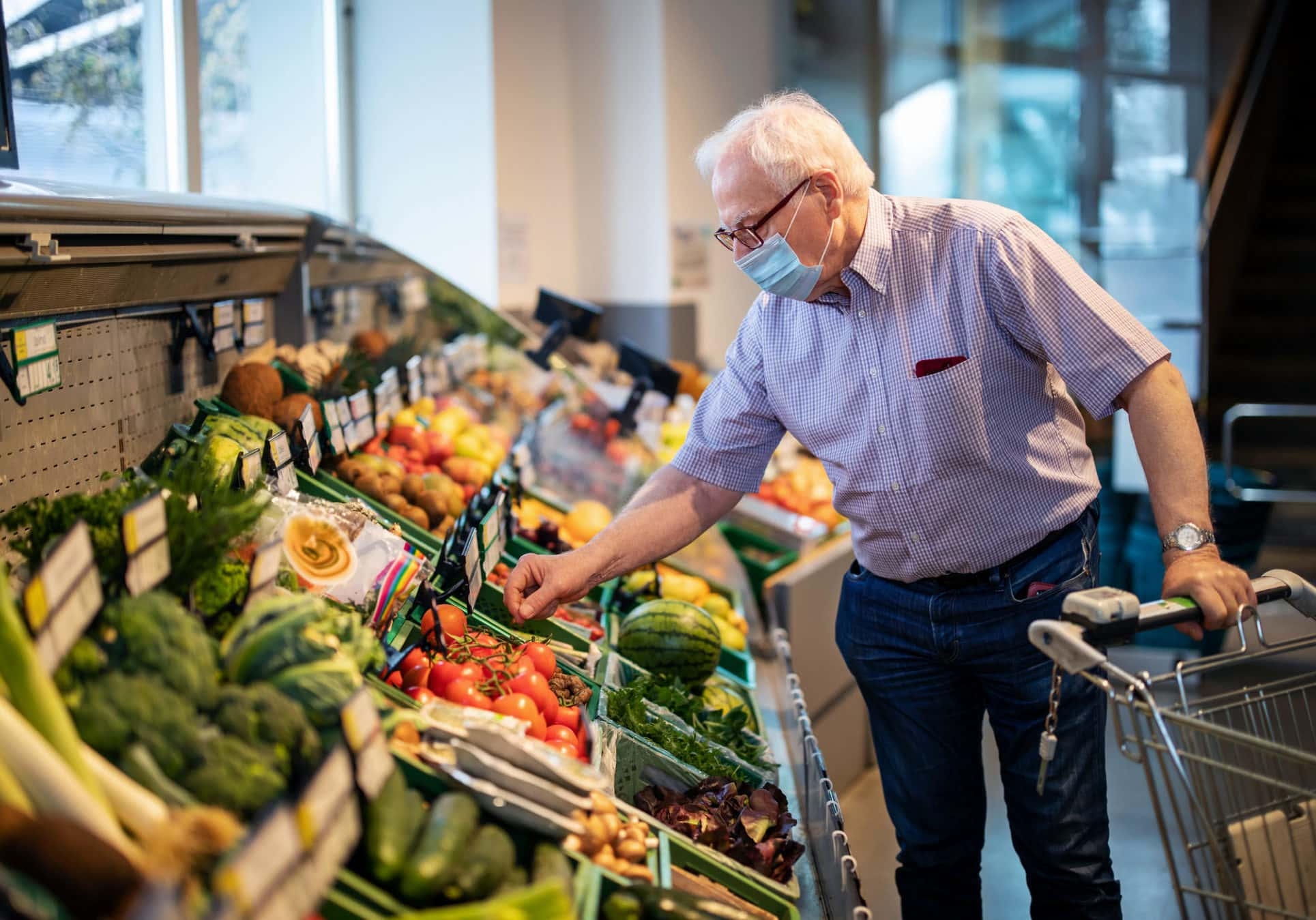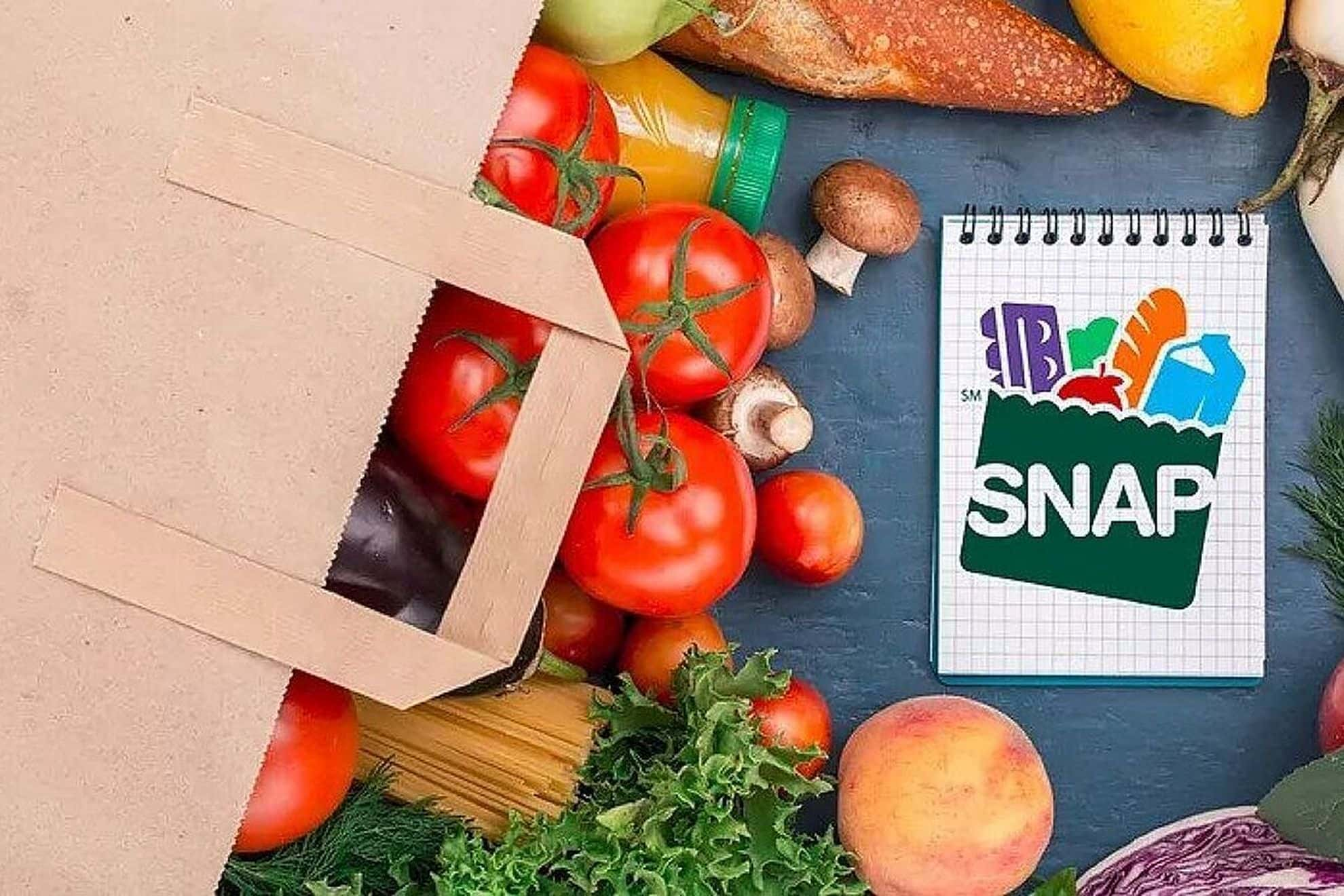These SNAP benefits, formerly known as the Minnesota Food Stamps crucial for many families in the North Star State, are being distributed from December 4th through December 13th.

Minnesota residents relying on assistance from the Supplemental Nutrition Assistance Program, commonly known as SNAP or Minnesota food stamps, are set to receive their benefits over the next six days
The distribution of these Minnesota food stamps follows a structured schedule based on the last digit of each recipient’s case number. Those with case numbers ending in 4 through 7 should have already received their benefits by Thursday. Recipients with case numbers ending in 8 are slated to collect on Friday, while those ending in 9 will collect on Saturday. On Sunday, those with case numbers ending in 0 will receive their benefits, followed by subsequent dates for those with case numbers ending in 1 through 3, extending until December 13th.
In Minnesota, approximately 435,900 individuals, making up around 8% of the population, receive SNAP benefits, commonly known as Minnesota food stamps
On average, each household member is eligible for $157 per month. Maximum amounts vary based on household size, with a single-member household eligible for up to $291 per month, and larger households, up to eight members, qualifying for a maximum of $1,751. For each additional person beyond eight, a household can receive a maximum of $219 per month, calculated according to the recent cost-of-living adjustments for 2023-24.
These benefits, provided through an electronic benefit transfer (EBT) card, are intended to support the purchase of healthy foods at approved locations like grocery stores, farmers markets, and select online retailers. It’s important to note that these funds are strictly designated for groceries, fresh food, seeds, and plants, and cannot be used to buy alcohol, tobacco products, vitamins, prepared foods, live animals, or non-food household items.
READ ALSO: Unclaimed Lottery Ticket Worth $25 Million Raises Urgency In New Orleans




